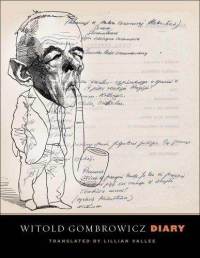Arts Commentary: Critical Rule #1 — Don’t Write Like a Publicist
Early on I was given these words of wisdom by my friend, the late theater critic Arthur Friedman: “Criticism should not read as if it had been written by a publicist.”
By Bill Marx
Debra Cash sent me the above image. I don’t completely agree (neither does Debra) regarding its relevance to arts coverage. But there is much to be said for reviews, commentaries, even thoughtful features, that not only inform but also intelligently challenge the mainstream consensus by presenting points of view that are not rah-rah.
Arts organizations say they want serious dialogue about their accomplishments, and to that end, they present audience talk backs, invite people to comment on their blogs, etc. But the overwhelming thrust of their time and money go into marketing an inevitably bogus vision of nonstop triumph, wrapping themselves in blurbs, branding, and congratulatory hype. The problem is that the hoo-hah degenerates into white noise, particularly for the younger generation. When everything is great, nothing is—it all turns into hives of buzz.
Meaningful arts coverage should strive to separate itself from PR, to create a language far from the chatter of the “mad men.” I was told this early on by my friend, theater critic Arthur Friedman: “Criticism should not read as if it had been written by a publicist.” That is the goal, and in so far as the Orwell quotation encourages independent evaluative thinking about the arts, I agree. We have oceans of publicity—good criticism is rare but necessary because it demands we take our experience of the arts beyond consumption and civic backslapping.
One of the books I am reading this summer (actually, rereading) is the Diary of the extraordinary Polish novelist and playwright Witold Gombrowicz. Yale University Press is compressing what had originally been a three volume masterpiece in English into one fat compendium of gloriously ornery brilliance. I would recommend the book to anyone who likes their critical/egomaniac intensity turned up to ultra-high.
Here is the Gombrowicz quotation, referring to Polish intellectuals in exile, that the picture brings to mind: “We must realize ourselves completely and speak our bit out to the last letter, because only phenomena capable of a ruthless life have the right to exist.” “Ruthless” does not mean dumb, snarky, and insulting—earlier in the same paragraph Gombrowicz insists that “nobody should be more stupid then he is.” To me, it means writing about the creative culture in ways that are incisive, discriminating, and analytical—far from the shouts of today’s omnipresent media pitchman.
Tagged: Arthur Friedman, Diary, Persona Non Grata, arts coverage, criticism



